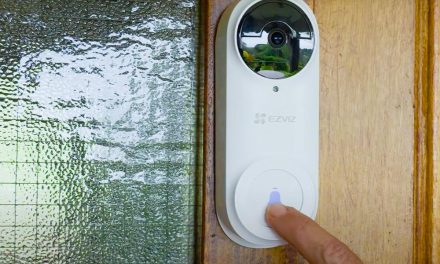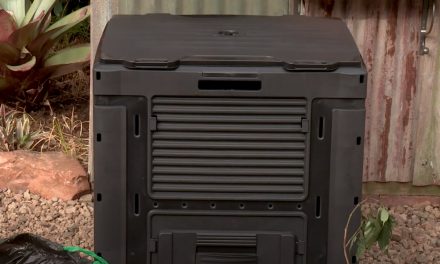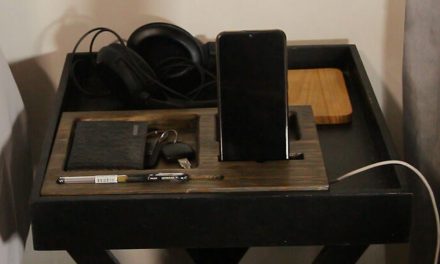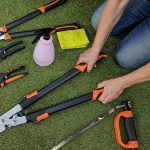We take a dive into the pros and cons of cordless and corded power tools.
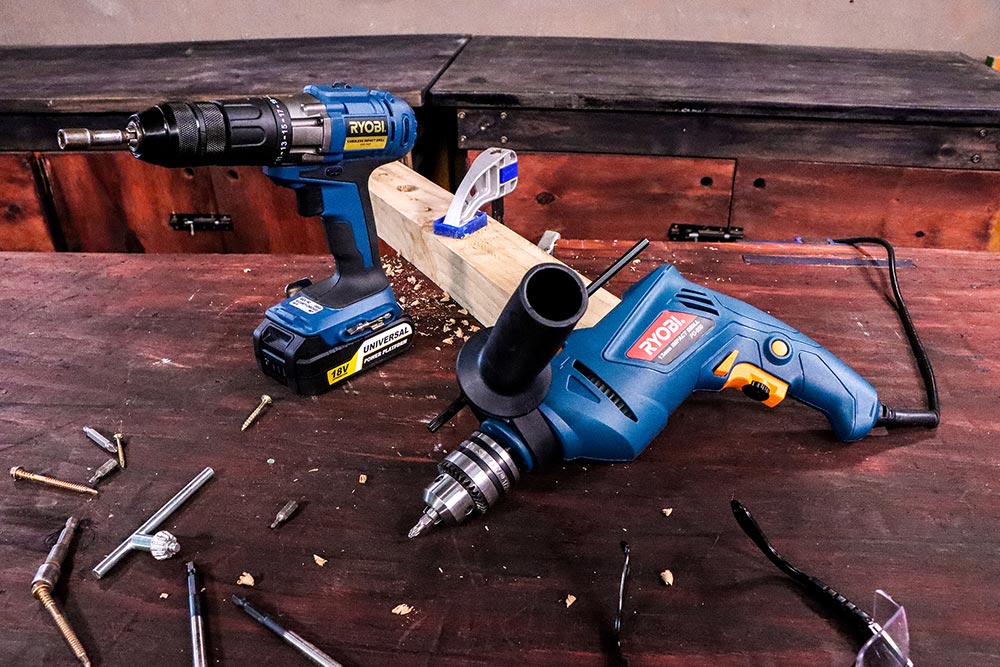
As an example, we’ll look at the differences between two common power tools: drills and angle grinders, in this case both made by Ryobi.
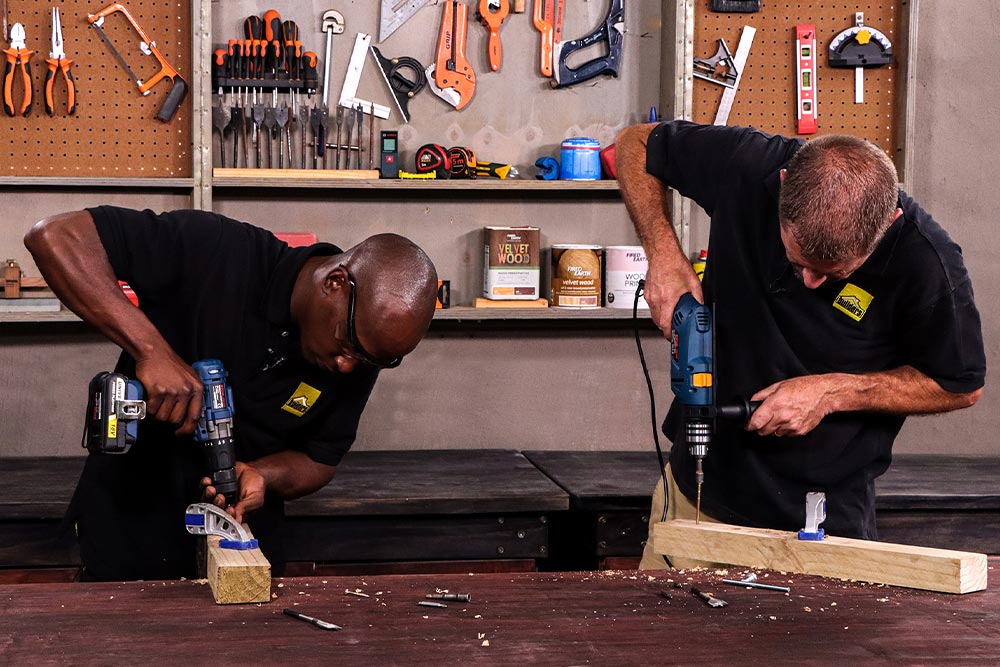
Drills
Cordless drills have a few major advantages over their corded rivals. Firstly, and most obviously, is the advantage of mobility and portability. When you’ve got a fully charged cordless drill, you are able to drill a hole just about anywhere you want to – you’re not limited to the proximity of a power outlet or the length of your extension cord. If you’re on a building site that hasn’t had electrical mains connected yet, you can drill holes and screw screws with ease, especially if you have more than one battery pack. Likewise, when loadshedding leaves your home powerless, you can carry on working.
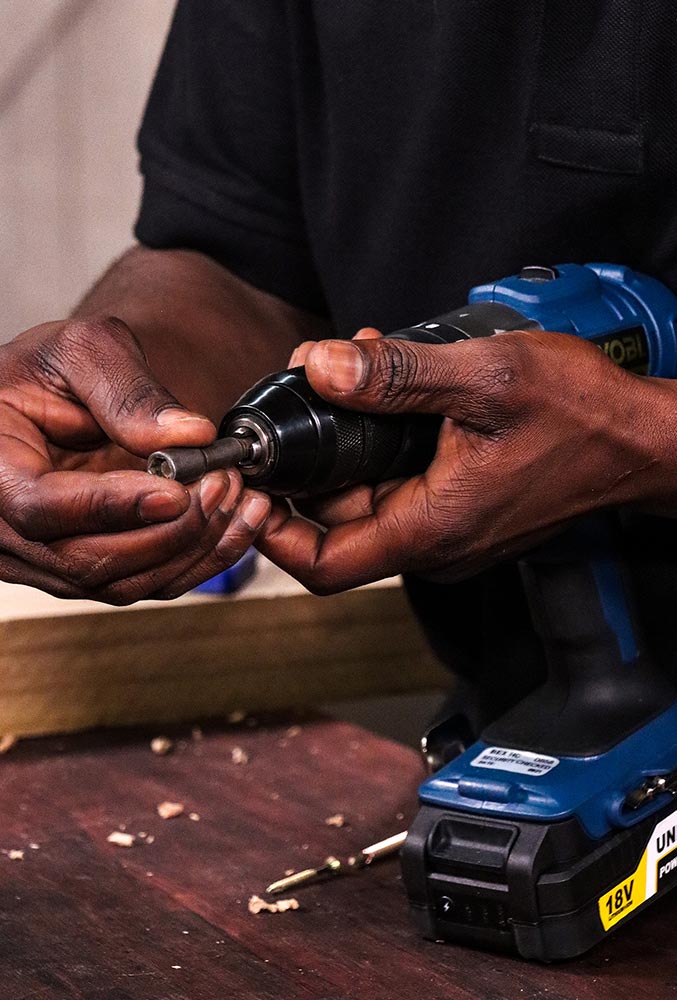
Thirdly, we need to take a look at the chuck of a cordless drill. Cordless drills come with a keyless chuck, so changing bits is much quicker when compared to the keyed chuck on a corded drill.
Fourthly, cordless drills are designed as versatile, multifunctional tools that are equally good at drilling holes as they are at operating as a screwdriver. Cordless drills often have a clutch system.This Ryobi has 21 different settings which offer much better power control and reduce the chance of stripping the head of the screw or the driver bits.
The trigger on a cordless drill is also much more gradual, for better control of the speed of the head.
If you turn to a corded drill, it also has a few advantages. Firstly, because it is designed solely to drill holes, it does this more quickly and more easily than a cordless drill. Generally, a corded drill has more power than a similarly sized cordless drill and potentially, the keyed chuck holds the bits more securely than the keyless version.
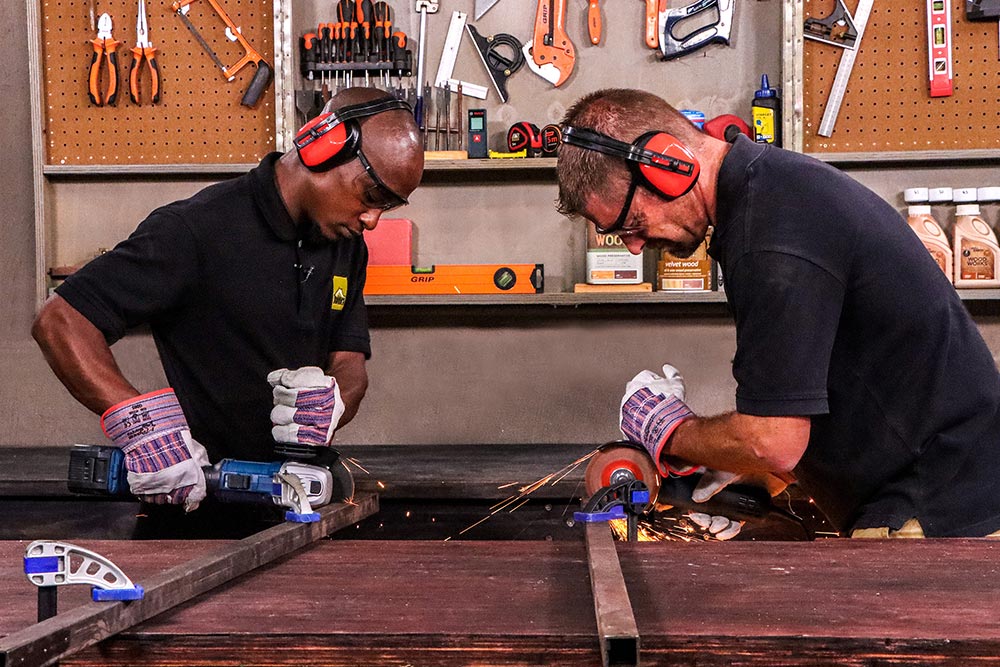
Angle grinders
Cordless angle grinders generally aren’t as popular for DIY enthusiasts as cordless drills, but they really should be – they are so much more convenient. Cordless grinders offer the same advantages over their corded counterparts as is the case with drills – mobility and portability, as well as ease of use.
In terms of performance, cordless angle grinders don’t produce quite the same power as corded versions, which means that the disc spins at slightly lower RPMs. This difference is minor though and outright grinding performance is very similar. Also, because an angle grinder uses a lot of power, batteries don’t last that long. Again, this isn’t a major problem because most grinding jobs don’t take too long and you can always use a second battery to get the job done.
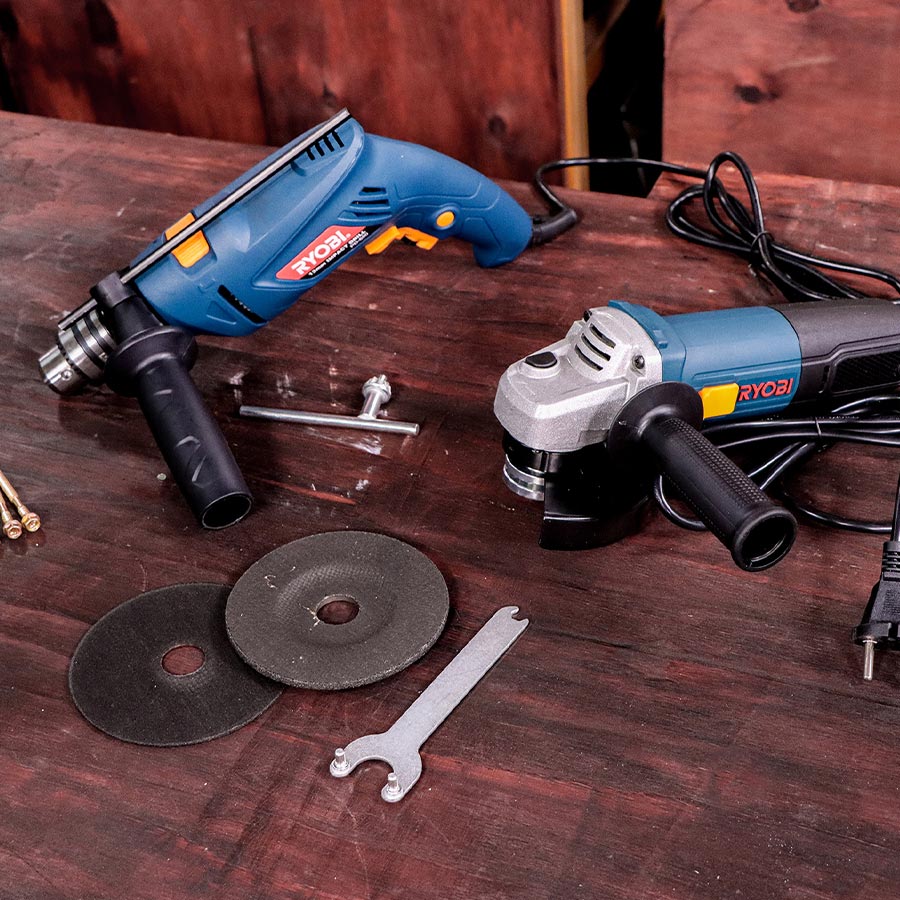
Both cordless and corded angle grinders operate in very similar ways in terms of changing discs, the roles they can perform and the size disc they use.
Finally, it’s important to note that when you buy a cordless power tool of a particular make, such as Ryobi, the batteries will fit across the range. This means that you can buy two batteries and one charger, and you will have everything you need to power a drill, angle grinder, sander, saw and more.
At the end of the day, cordless power tools offer a number of major advantages over corded tools unless you need the extra power that corded tools can generate.
Now that you’ve got a good grip on the basics, head into Builders to explore our extensive ranges of power tools and speak to our experts in the department. Remember, Builders stocks every power tool you could want or need in a number of great brands, available both in-store and online at Buuilders.co.za.

